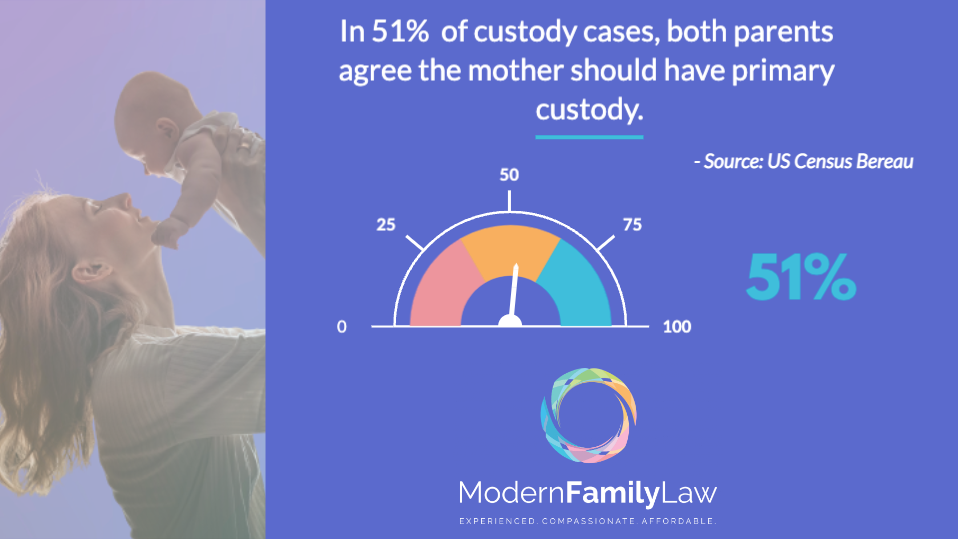When parents separate or divorce in California, deciding on child custody and visitation is often one of the most challenging aspects. The state’s family courts prioritize the best interests of the child when determining custody and visitation arrangements. In some cases, this involves supervised visitation; in others, unsupervised visitation is deemed appropriate. Let’s break down the differences between these types of visitation and how California courts decide which arrangement is suitable.






